A recent report has revealed that Nigeria has become the fifth African country hardest hit by the global cost of living crisis as pressure continues to pile on households, a new report has shown.
According to the 2024 cost-of-living index published by data and research platform Numbeo, Africa’s largest economy ranks fifth with 31.4 points, while Cameroon is the African country with the highest cost-of-living crisis with 37.3 points. Zimbabwe, Mauritius, and South Africa outperform Nigeria with 37.2, 37.1 and 34.5 points respectively.
Other countries in the top 10 include Ghana (30.9), Kenya (30.2), Botswana (30.1), Morocco (29.5) and Uganda (29.1).
To collect data, Numbeo relies on user input and manually collects data from reliable sources such as supermarket websites, taxi companies, government agencies, newspaper articles, and other research. Data collected manually from established sources is entered twice a year.
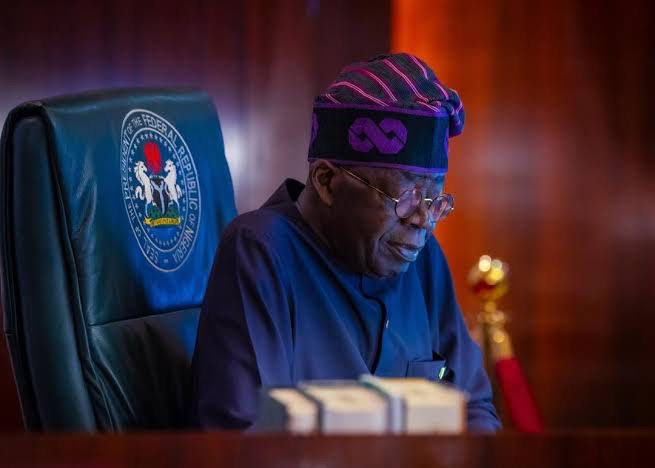
Nigeria faced the significant cost of living challenges after the Federal Government cut government expenditure last May and ended a subsidy scheme aimed at reallocating these resources to other key sectors of the economy.
Meanwhile, the average price of premium petrol (PMS) rose 211% between May 2023 and May 2024 as the pump price increased from 187 naira to an average of 630 naira, but there was no clear plan to support the vulnerable.
A month later, President Bola Tinubu’s government floated the naira to stimulate economic growth. However, the naira lost 67.8 percent of its value.
These reforms, which critics call “hasty,” were aimed at stimulating foreign investor interest in the economy. But they accelerated inflation, eroded purchasing power, and created a new cost-of-living crisis. Nigeria recorded its highest ever inflation rate of 33.95 percent in May 2024, with food prices rising to their highest in nearly three decades.
In addition to food and consumer goods accounting for at least 50 percent of Nigeria’s inflation, high energy costs and frequent rent hikes exacerbate the cost of living crisis.
If the cost of living issue is not addressed, many people could be pushed below the poverty line as high prices continue to erode people’s disposable income.
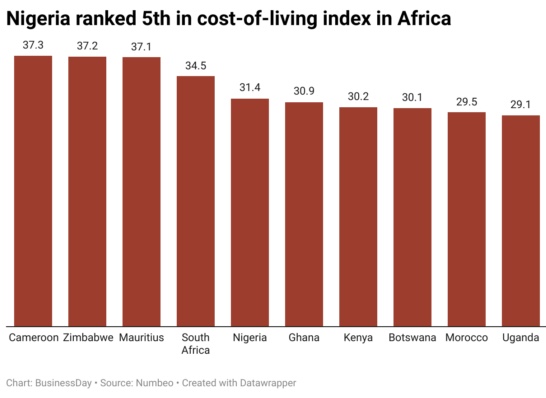
According to the World Bank, 87 million Nigerians live below the poverty line, making the country the second-highest poor in the world after India. However, Nigerians have committed to a massive food import program to ease the cost of living crisis, especially in the food sector.
This development follows a state of emergency on food security previously declared by the President. Food inflation remains high at 40.66 percent, but government plans could curb the trend.
“In recent months, we have witnessed a sharp rise in food prices across the country. There is virtually no food item whose price has not been increased beyond what many Nigerians can afford,” Minister of Agriculture and Food Security Abubakar Kyari said recently.
“Government cannot allow this situation to continue. There are agricultural initiatives, programmes and projects under the leadership of the Federal Ministry of Agriculture and Food Security, and state governments have their own, but we have to respond to the creeping supply crisis,” Kyari added.


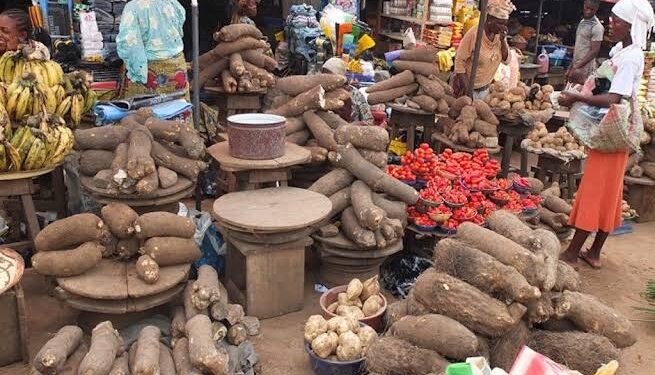





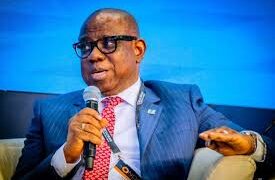
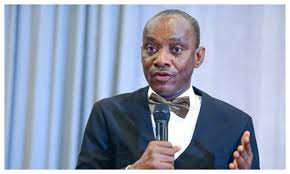





















Things are getting tougher in this economy. The economic and financial policies, insecurity, especially the bandits terrorizing farmers, should be looked into. Inflation is biting the poor too much.